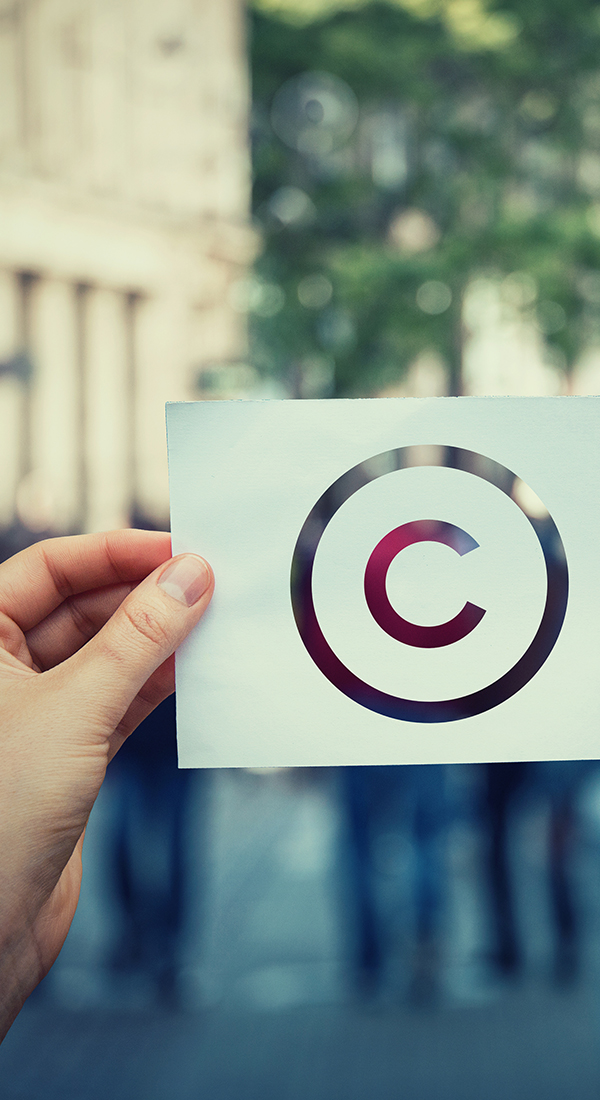Religion and/or Copyright
Three fun topics for your Wednesday:
Host desecration and copyright: Way back in the Middle Ages, the largely-uninformed masses in Europe had a tendency to get riled up about something called host desecration, which is when somebody took the Eucharist (the bready thing you get in communion, which is a stand-in for the body of Jesus) and stabbed it. Who stabbed it? Jews, naturally. Why? Because Jews wanted to re-enact the crucifixion with baked goods. They certainly had nothing better to do than to sneak into churches in the dead of night to agitate the peasantry, right? The whole host desecration theme was heavily promoted by the Church itself, because nothing distracts a poverty-stricken populace like a shady enemy. Slimy and deceitful, and far too common for the better part of 1,200 years.
How does this connect with copyright? I've noticed, of late, a lot of artists of all types coming out against Creative Commons in a way that borders on the insane. "How will artists earn a living when all art is forced to be free?" they ask. "What gives you the right to give away my work?" And at first I thought this was just a few odd ones misunderstanding what Creative Commons is about. But after recent comments by ASCAP and the National Music Publishers Association, I'm starting to think the artists in question are the peasants, and their associations are the Church. People are being misled about the purpose of copyleft, and are going for torches and pitchforks thinking they're under attack.
Listen, folks: Creative Commons has a set of licenses that artists can voluntarily use to communicate usage rights to their audience. "Free" is not a requirement. There is no movement to force it on you. The licenses are built on standard copyright, so there is certainly no concerted effort to abolish copyright worldwide, if Creative Commons were even set up as a lobbyist entity, which it is not. If you heard this from your professional association, they are feeding you unfounded propaganda to distract you from bigger issues. I don't know what those issues are, but if I were you, I'd start looking. Don't waste time attacking copyleft, because unless you're participating in it, it has nothing to do with you.
Talking points? This is an odd one, and related, too: a few days ago, Canadian Heritage Minister James Moore called opponents of the proposed copyright legislation Bill C-32 "radical extremists". The term was shocking, aimed as it was at people hoping to debate the details of the bill, and giving the impression that the government was not interested in compromise at all. But what struck me as odd was a post today about how the National Music Publishers Association in the U.S. is cranky about Creative Commons, EFF and Public Knowledge. In it, NMPA CEO David Israelite said these groups had an "extremist radical anti-copyright agenda". Now, I'm not one for conspiracy theories, but the sudden use of "radical" and "extremist" in reference to less-than-maximalist copyright advocates smells a tiny bit like the Canadian government and the American entertainment industry are sharing notes. I think James Moore ought to crack open a thesaurus and make himself a new catchphrase.
Brain stems! And now back to religion, where we learn that there is a depiction of a brain stem in Michelangelo's paintings on the Sistine Chapel. Neuroscientists found it there, and say it proves that Michelangelo realized it was "one of the most magnificent things God created." I don't deny it kinda looks that way, but to me, this seems very much like the agnostic version of Jesus Toast. I guess science really is its own religion...
